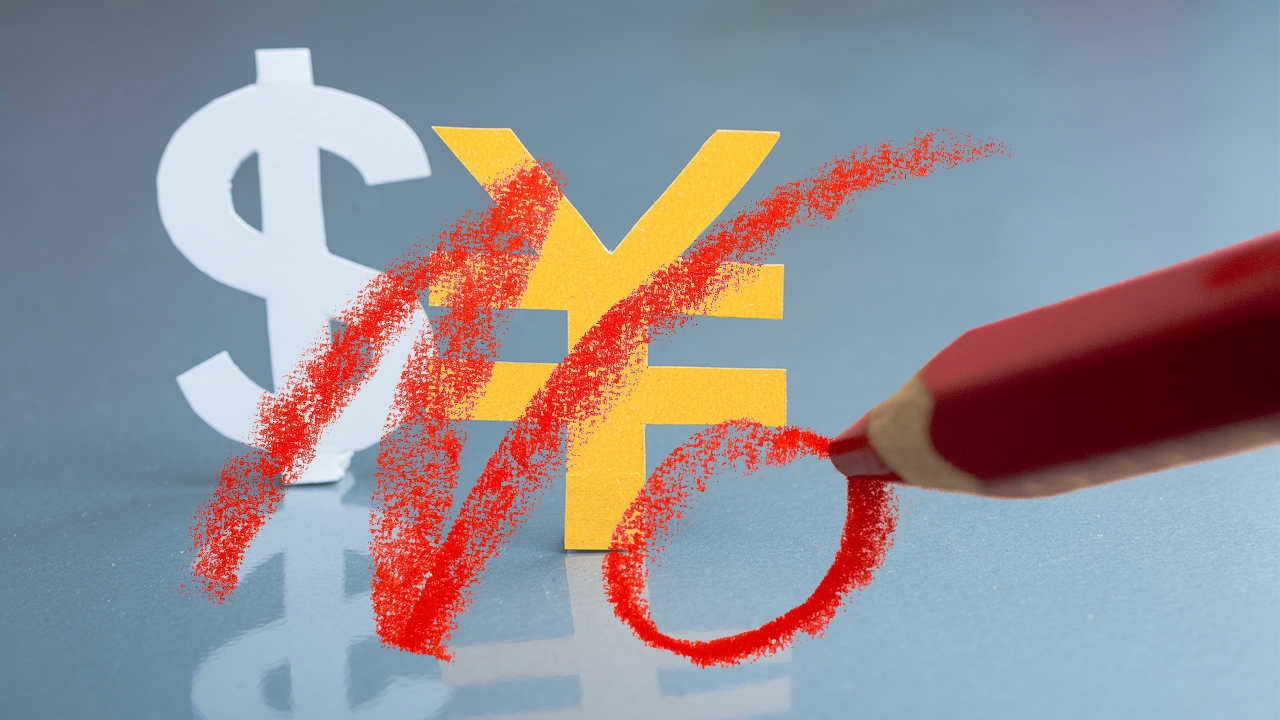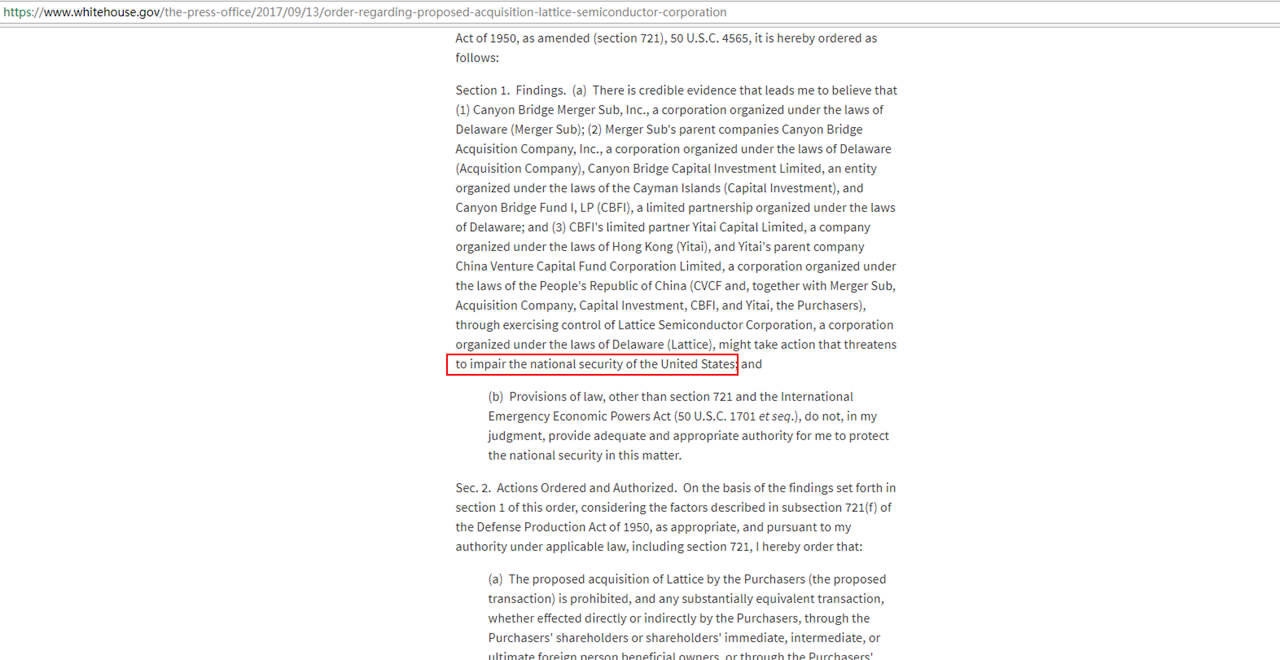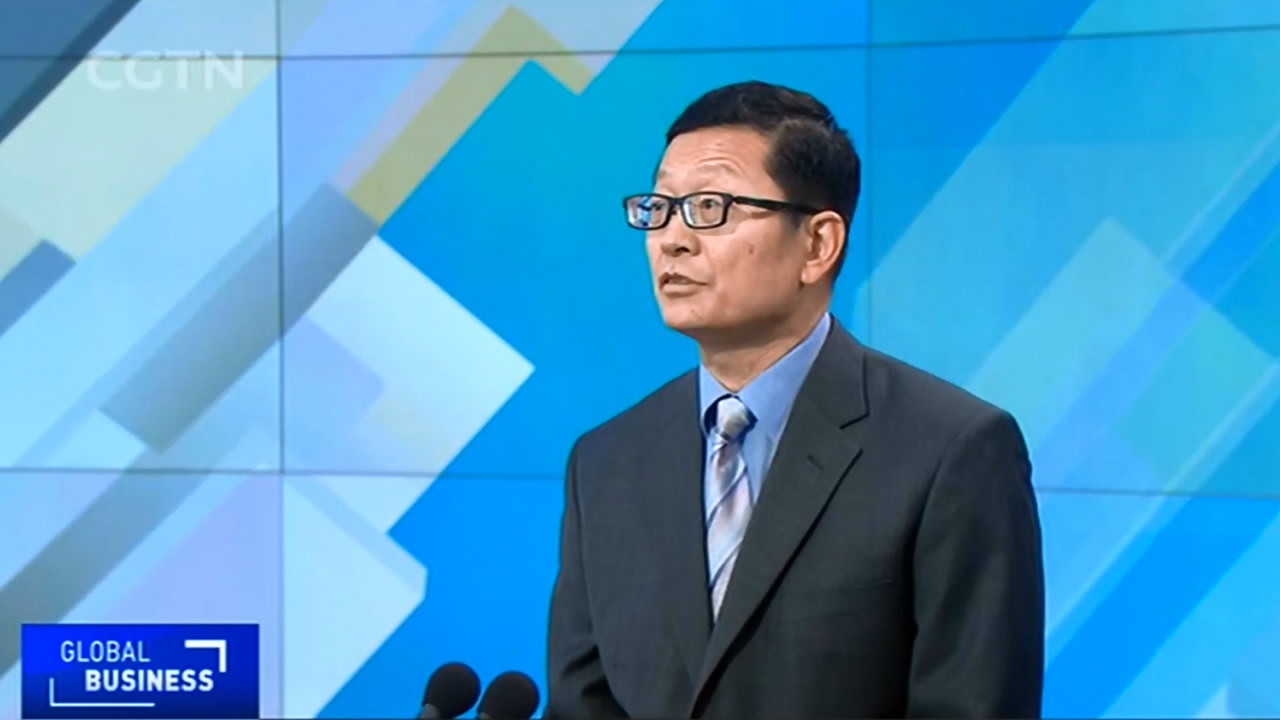
Business
22:09, 14-Sep-2017
Trump stops chip deal due to ‘national security’, expert: ‘US tradition’
By CGTN's Jessica Stone

US President Donald Trump blocked a deal between a Chinese-equity firm Canyon Bridge Capital Partners and American semiconductor company Lattice Semiconductor Corp. Wednesday due to “national security” concerns. The US leader also required the two sides must close the deal within 30 days.
Canyon Bridge's planned 1.3-billion-dollar acquisition of Lattice Semiconductor was one of the largest attempted by a Chinese-backed firm in the US microchip sector and was the first announced deal for a buyout fund launched last year with a focus on technology investment.

A screenshot of the memo written by Donald Trump on the White House website. /CGTN Photo
A screenshot of the memo written by Donald Trump on the White House website. /CGTN Photo
Trump said the deal "threatens to impair the national security of the United States” in the memo released by the White House. Besides, the White House said that since the US government uses programmable chips made by Lattice, the purchase would endanger US intellectual property (IP) and the nation's semiconductor supply chain.
In response to US's rejection of the sale, China's Commerce Ministry said reviews of foreign investment in sensitive sectors shouldn't be used as a tool for protectionism. The ministry said China hopes other countries can have an objective view of Chinese firms' overseas investments.
The Committee on Foreign Investment in the US (CFIUS) has already recommended that Trump reject the deal. In that case, the President and CEO of Lattice, Darin Billerbeck regards government’s reject as a signal, which simply means “they don't want to do a deal with China.”
"You're basically saying that the government itself can't control IP (intellectual property) that they're in charge of. I don't understand that. It has to be that they don't want to do a deal with China," Billerbeck said.

The move comes as trade frictions increase between the world's two largest economies and as both countries are working to resolve the nuclear crisis on the Korean Peninsula. And Wang Jianhui, general manager of the R&D Department at Capital Securities, said the reject is “for more political issues, but with economic considerations.”
“It’s almost US traditions to guard their sensitive technologies against their imaginative enemies,” Wang added.
But even a “habit”, the US ex-Presidents Barack Obama and George W. Bush did that twice and once respectively during their presidencies, while Trump exercised the power after taking his office within one year.
However, a slim chance of survival still exists. In a previous case rejected by Obama, the Chinese company, Sany Heavy Industry sued the government for blocking its deal. And it won.
That sets a precedent, implying the company's attorney for other foreign companies to follow if they are similarly rejected.
"I suspect in the future if some companies, foreign companies feel their rights infringed by the process, they can follow the roadmap, laid down by this case," said Tim Xia, Sany’s attorney.

VCG Photo
VCG Photo
Moreover, rather than waiting for a turnaround, Wang stressed on the importance of developing on our own technological competitiveness, saying that “we have to spend more money on our innovations and ideas.”
“For the Chinese companies, we may think spending more money on our own R&D, instead of just buying from somebody else. The core technology you cannot buy from anybody. So we have to learn from the history. Even when we were very poor, we still can create high-tech stuff. So if you want to, [you will achieve],” Wang noted.
(CGTN’s Wang Yue also contributed to the story)

SITEMAP
Copyright © 2018 CGTN. Beijing ICP prepared NO.16065310-3
Copyright © 2018 CGTN. Beijing ICP prepared NO.16065310-3